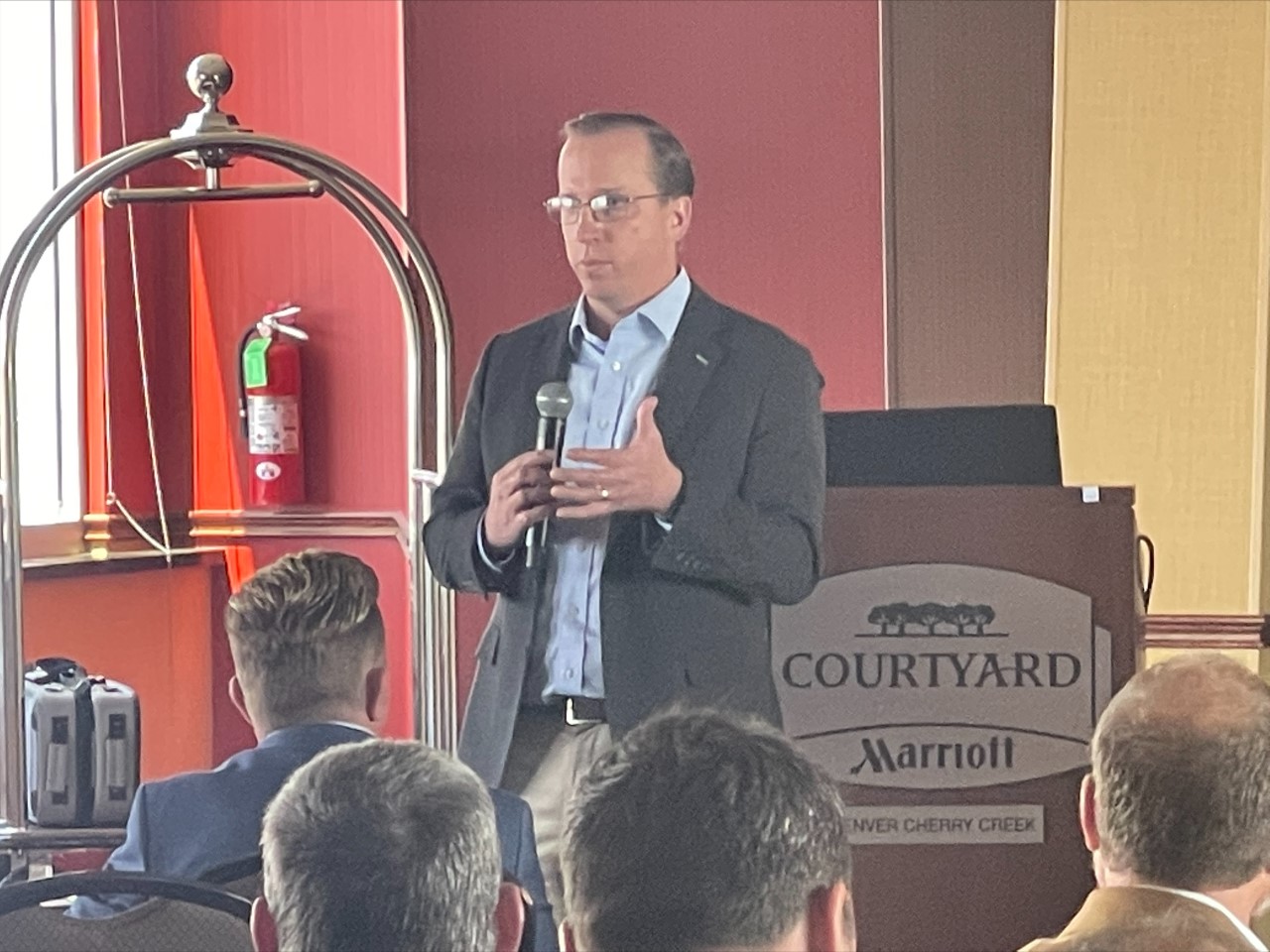Underinsurance gaps are not good for policyholders or insurers. Colorado Insurance Commissioner Michael Conway said a lot during his brief appearance at the Rocky Mountain Association of Public Insurance Adjusters meeting on Thursday. In Colorado Insurance Commissioner Michael Conway Continues Efforts to Help and Assist Policyholders Impacted by the Marshall Fire, we applauded Conway for taking a very transparent and informative role about the insurance issues in Colorado. While stating that there are no easy answers to solve the underinsurance issue, he showed a deep understanding of the issue and promised to do something about it.
One aspect of the issue raised by Conway is the competition between insurance agents and companies to obtain market share. It does not take a rocket scientist to figure out that by underinsuring a building, the premium offered to the potential customer will be reduced. Every customer wants a lower premium. Lower premiums keep policyholders with the same company and invites new customers.
He talked about a Colorado elected official being offered a significantly reduced premium in a mailed advertisement. The company making the offer simply lowered the value to be insured.
An article, “It’s a gut punch”: Marshall fire survivors fear their homes were underinsured and they can’t afford to rebuild, republished by United Policyholders, talks about the underinsurance issues:
Colorado Insurance Commissioner Michael Conway said his office has never collected data on underinsurance after a natural disaster. But plans are in place now to do so for Marshall fire victims. Data should be available by the end of the month on what amounts people have for total losses, but that will only provide part of the picture, he said.
‘We will take a hard look at what’s going on with particular insurance companies to see if we have insurers who were underpricing the market,’ Conway said.
His office is hearing from enough people that it makes state insurance regulators worry about the possibility that there are ‘a great number of people across the state who are underinsured,’ Conway said.
‘It’s a chronic problem we need to find solutions for and absolutely the insurance industry needs to be a part of the solution,’ he said. ‘It’s chronic throughout the country. And it’s not just wildfires.’
The article also noted an attorney who believes that the insurance industry needs to do a better job making the valuations and raised the market competition concern as well:
Mark Wiranowski, a lawyer whose home was destroyed by the Marshall fire, is digging into the reasons why underinsurance seems to be a systemic problem.
He objects to any arguments that the burden of knowing exactly how much insurance to carry on a home falls on the owners.
‘Baloney! How is it possible for every homeowner to assess construction costs every year and figure out what the prevailing cost will be,’ Wiranowski said. ‘They’re the experts. We’re all relying on our insurers to give us that amount.’
But he also said he doesn’t believe insurance companies are looking to scam homeowners.
‘It’s too simple of an answer to say it’s a conspiracy and all the insurance companies are conspiring to make that happen,’ he said.
He believes the problem starts with insurance companies fighting in a tight market to gain the most customers. If agents told people the true amount they need to insure their homes, he said, then they would lose customers to bargain-basement competitors.
…
‘This is not a story of homeowners skimping on their premiums,’ Wiranowski said. ‘This is a story of middle-class homeowners trying to protect their biggest investment and being falsely assured they have enough insurance to rebuild.’
His idea for a solution would be for the state to require insurers to give homeowners an honest assessment of what it would take to rebuild after a total loss, factoring in the costs of supply, labor and specialized features in a home. If a homeowner declines, that’s on them. Put a disclaimer on the policy, he said.
From an underwriting standpoint, property insurance should be written to full replacement cost value. It is important to insurers and policyholders. Indeed, I can imagine that reinsurers are questioning this issue as well because they want their insurance company customers to fully insure to value.
Insurance is a social product, and we are all in this together when it comes to the issue of under insurance. The answer to the problem is going to be found in a number of reforms. It was refreshing to listen to Commissioner Conway because he understands the issues, which is the first step to forming possible remedies.
Thought For The Day
I buy expensive suits. They just look cheap on me.
—Warren Buffett




